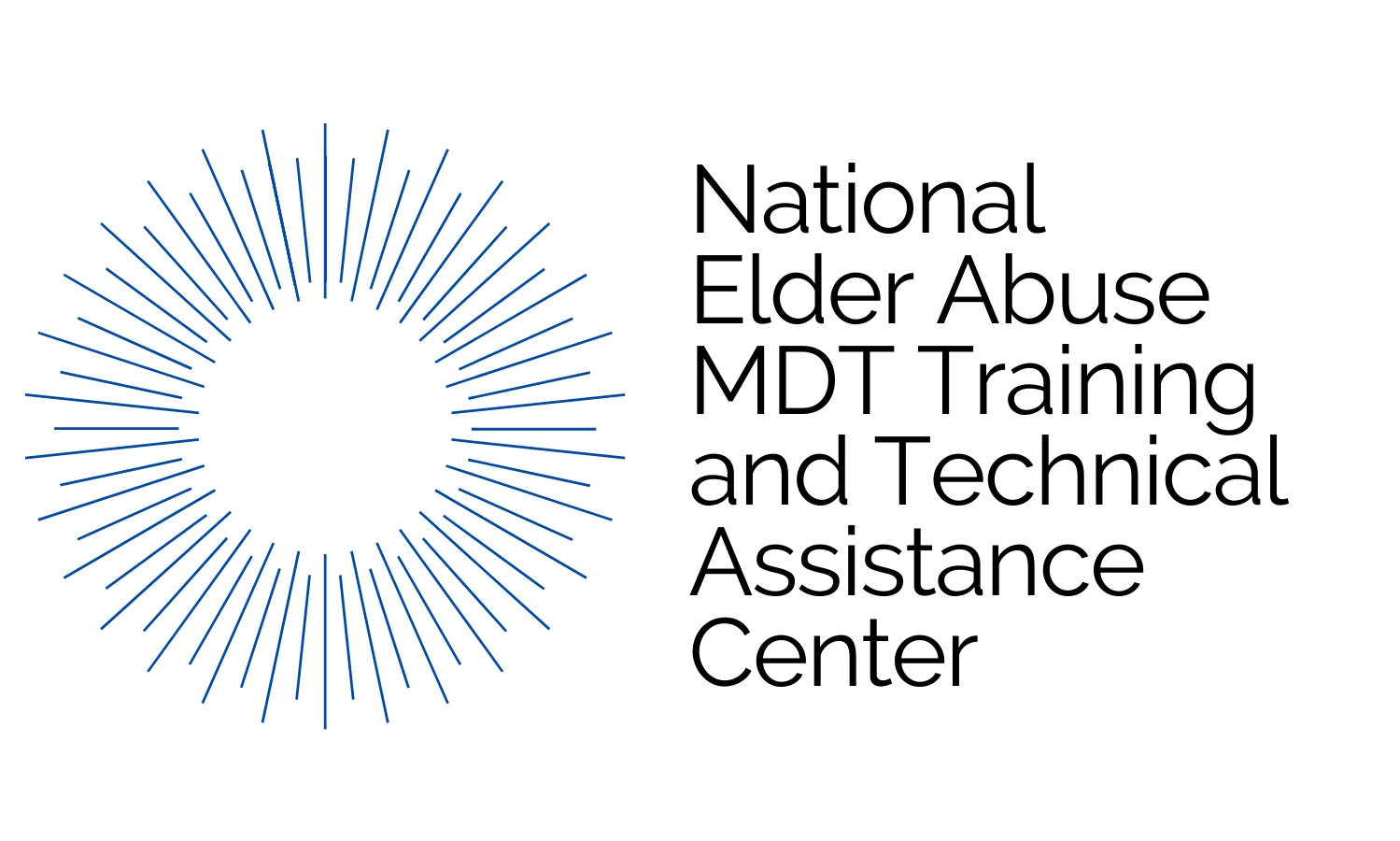How to Approach Sustainability Opportunities With Non-Governmental Organizations (7.25.2023)
Join the National Elder Abuse Multidisciplinary Team Training and Technical Assistance Center at this webinar to learn about funding considerations for your E-MDT work. Sustaining your work beyond your current grant can seem daunting, with many factors to consider. It…




